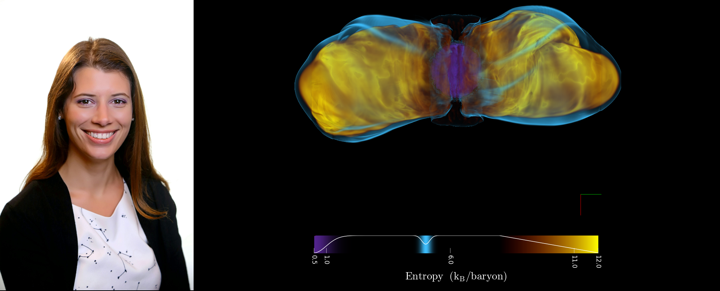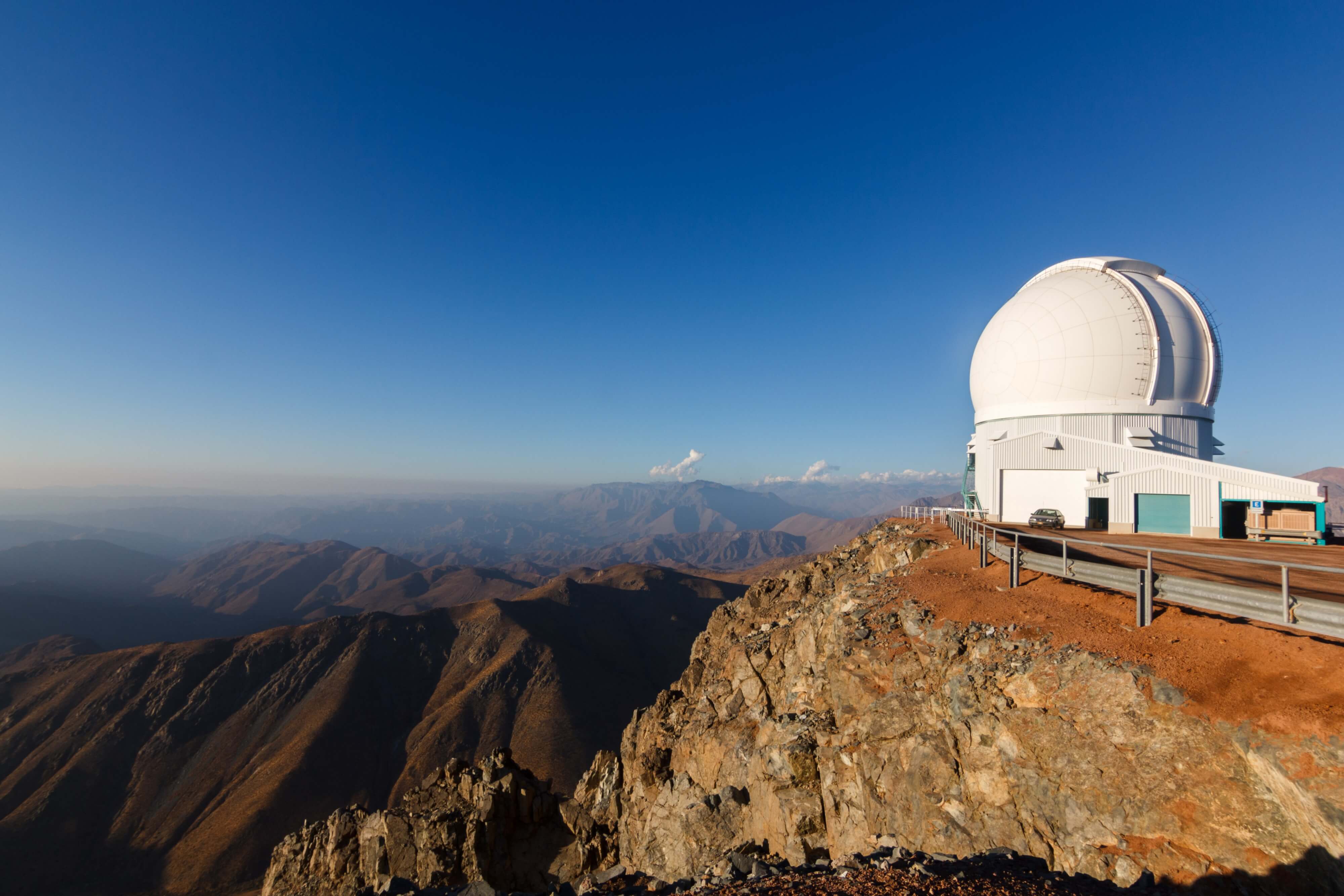Chelsea Harris Named 2019 Howes Scholar
Chelsea Harris has been named a 2019 Frederick A. Howes Scholar in Computational Science by the US Department of Energy.

Harris is a postdoctoral researcher in astronomy and astrophysics at Michigan State University, and is an alumna of the Department of Energy Computational Science Graduate Fellowship (DOE CSGF). One or two recent program graduates are chosen for the Howes award each year in recognition of their research accomplishments and outstanding leadership, integrity and character.
Howes, manager of the DOE Applied Mathematical Sciences Program, was an advocate for the fellowship and for computational science. Friends founded the award after his death in 1999 at age 51. A committee of DOE CSGF alumni and friends selects the honorees. The Krell Institute of Ames, Iowa, manages the fellowship and oversees the Howes Award.
Harris, a fellow from 2013 to 2017, earned an undergraduate degree in physics from the University of California, Santa Barbara, in 2012 and master’s and doctoral degrees in astrophysics from the University of California, Berkeley, in 2013 and 2017. Her research has focused on Type Ia supernovae, the remains of sunlike stars that exploded while interacting with another stellar body. Astronomers are particularly interested in this supernova variety because they’re standard candles: They all shine with the same brightness, making them useful for calculating distances from Earth. Harris has used simulations to examine how these supernovae interact with the gas surrounding them to better understand the original stars that spawned them.
At Michigan State, Harris implements state-of-the-art codes for high-order calculations of supernovae from massive stars with rotating cores. In these systems the star’s magnetic fields and rotation interact, generating more powerful explosions.
Harris has been active in sharing her science and assisting other students. She has often spoken on the science of the Star Wars movies—sometimes in costume. More frequently, she has worked as a mentor and mental health advocate, drawing on her experience overcoming such issues as a doctoral student. At Michigan State, she is one of three coordinators for the Stellar Mentorship program, an astronomy department initiative that offers broad-based career support from the undergraduate level to faculty.
Article paraphrased from DOE CSGF site.


